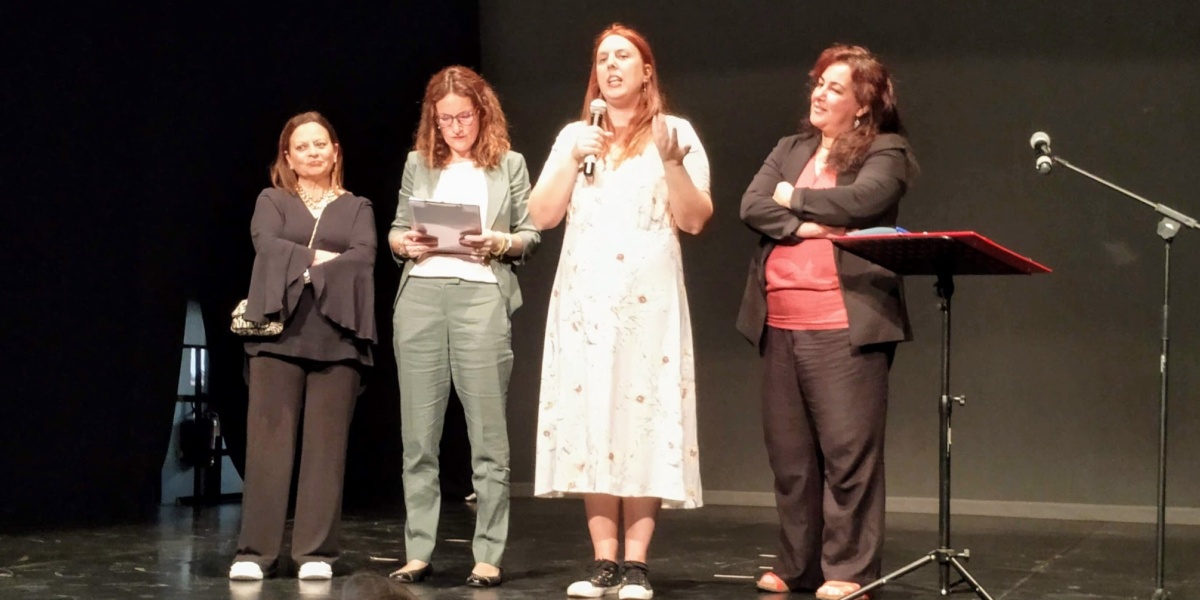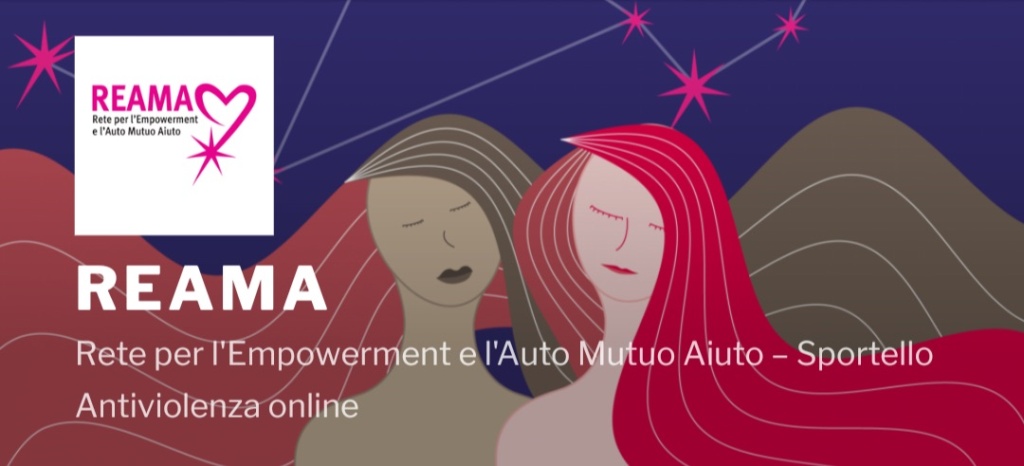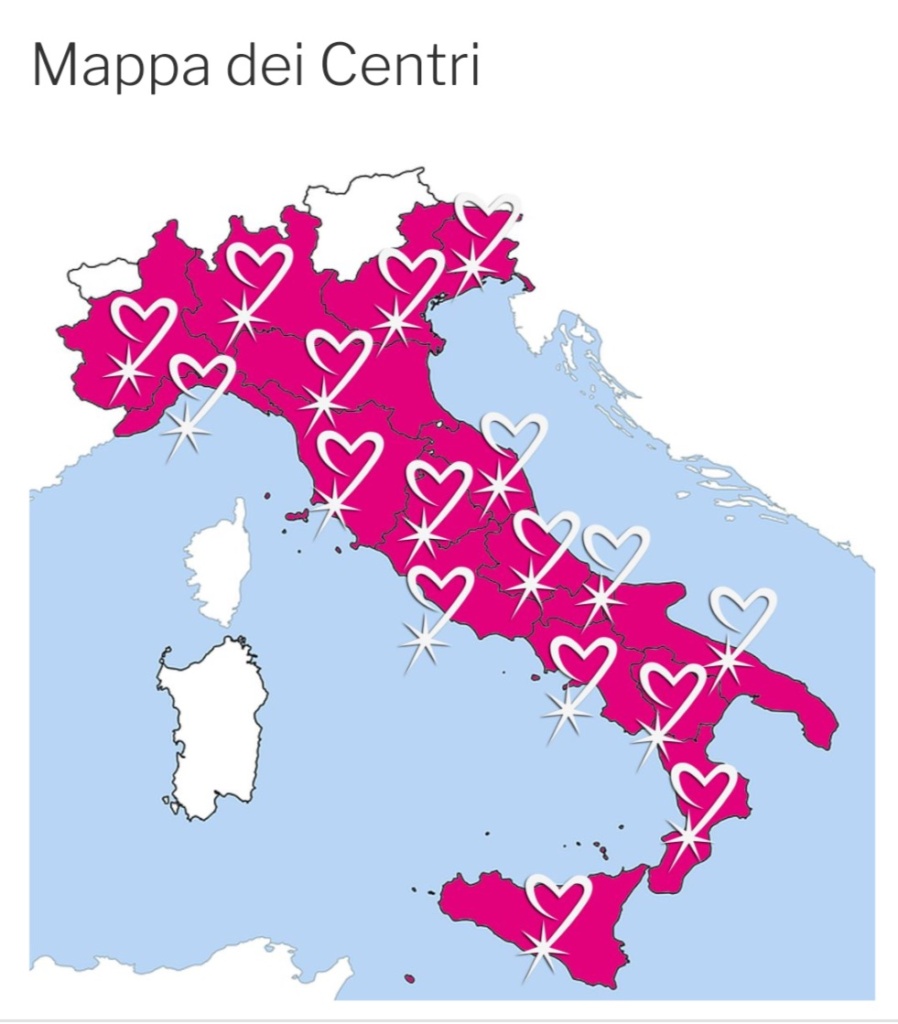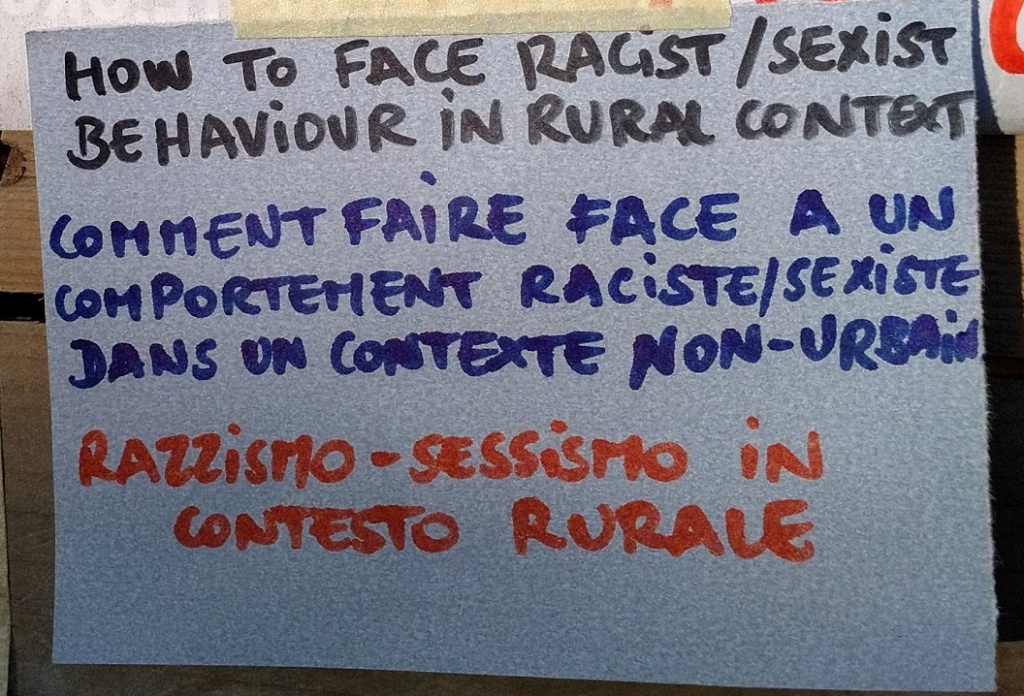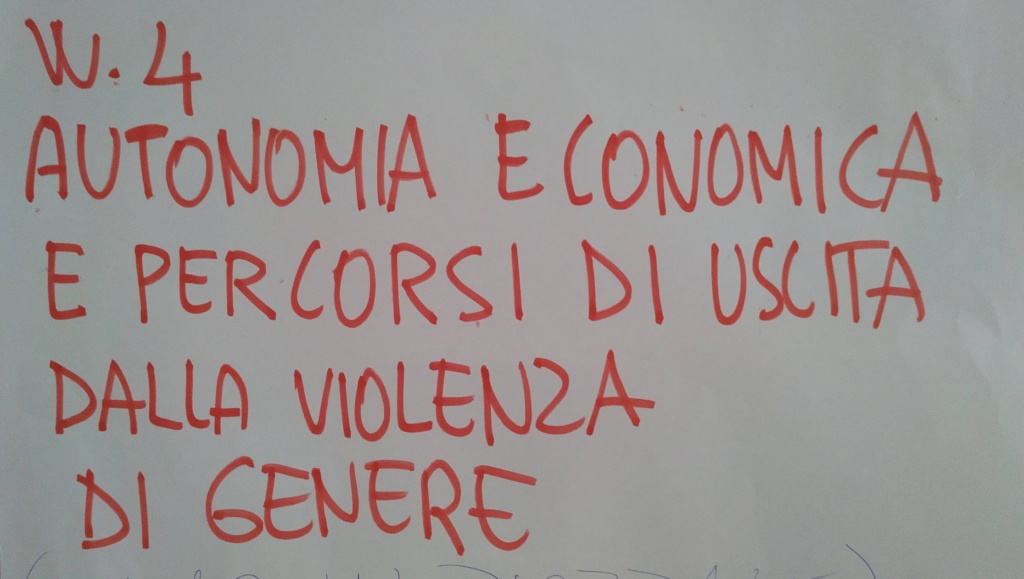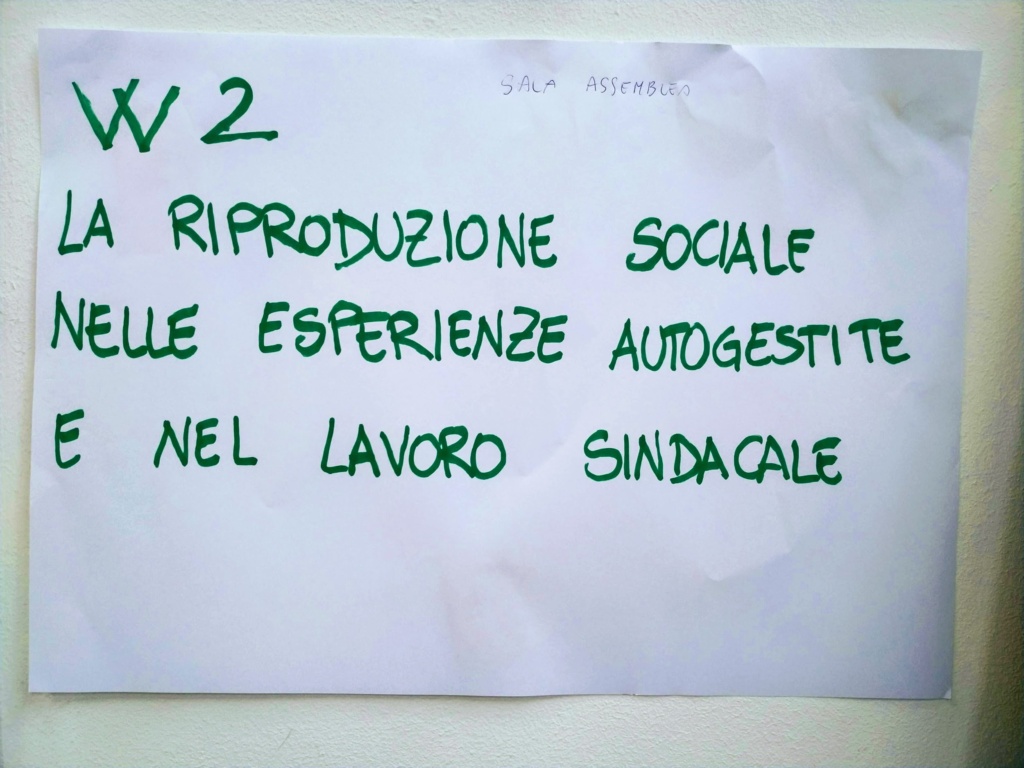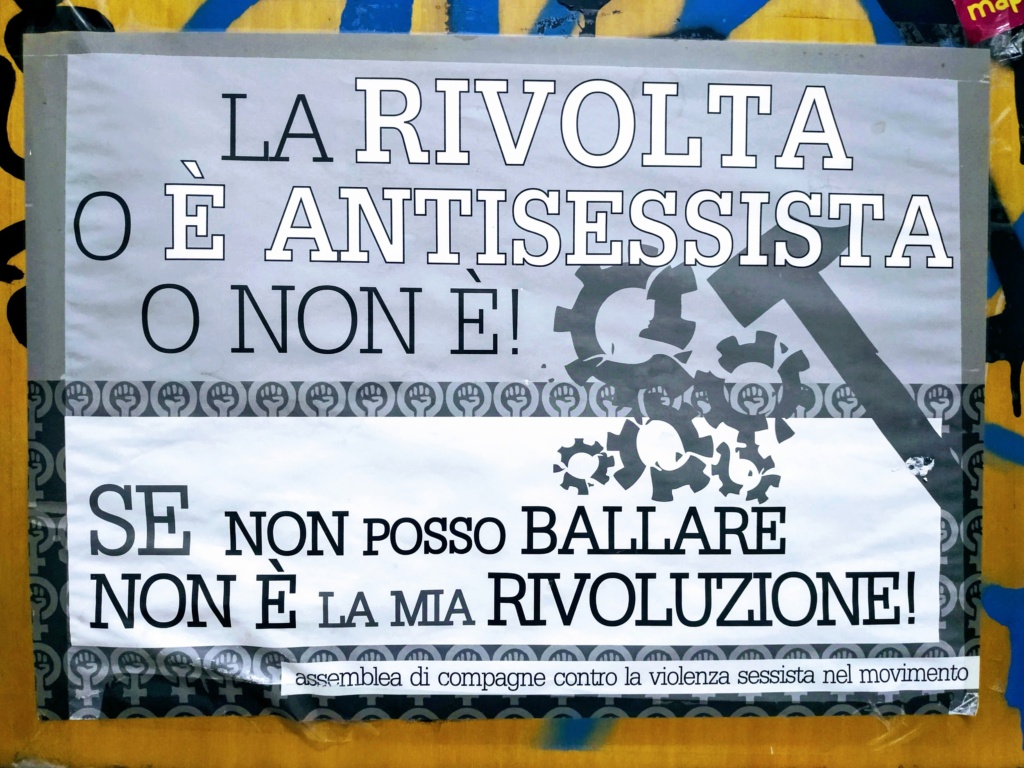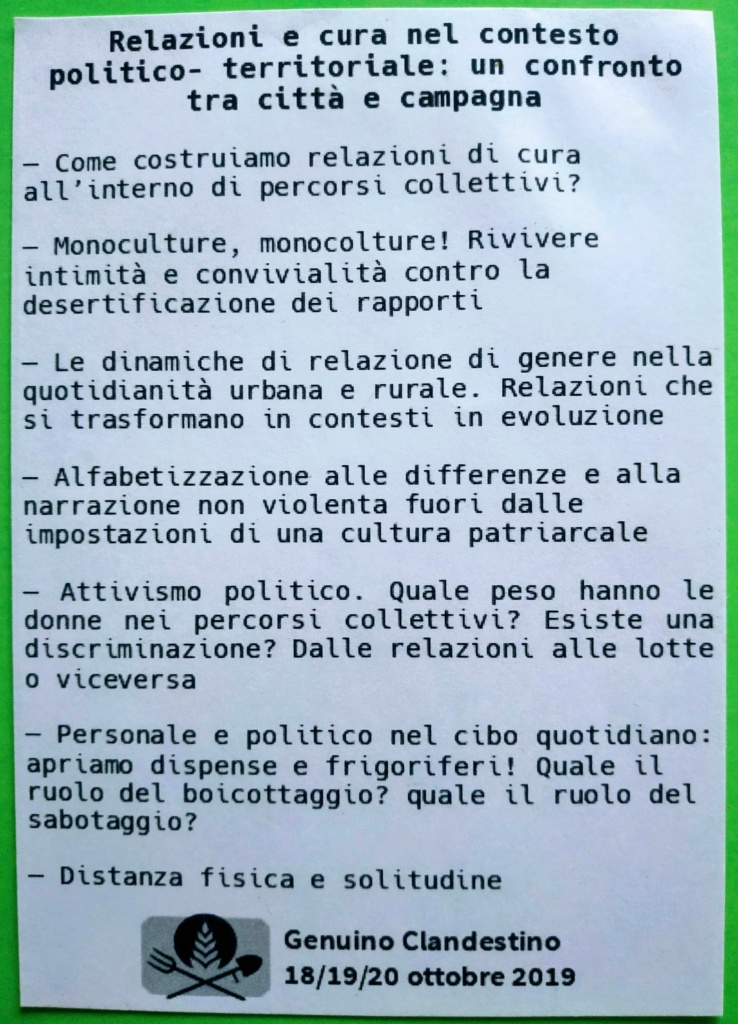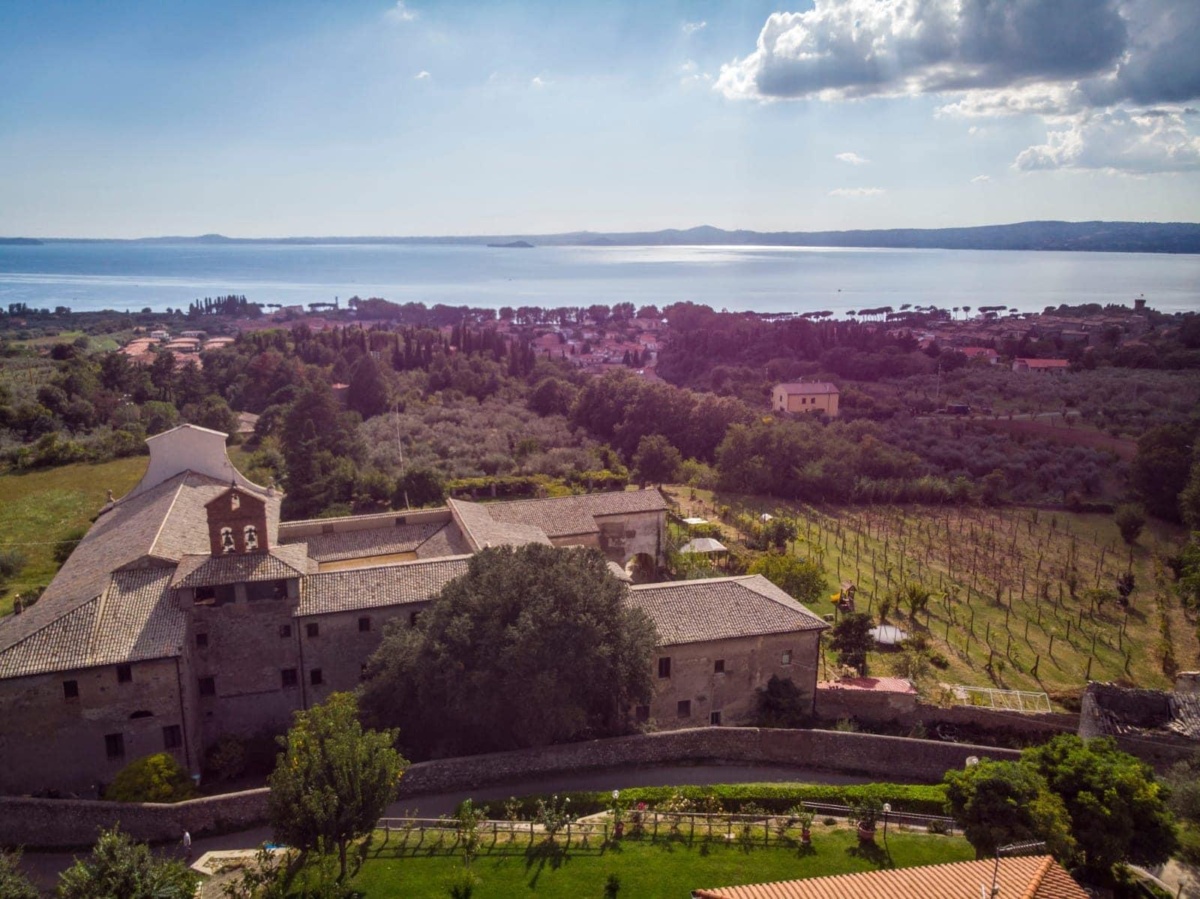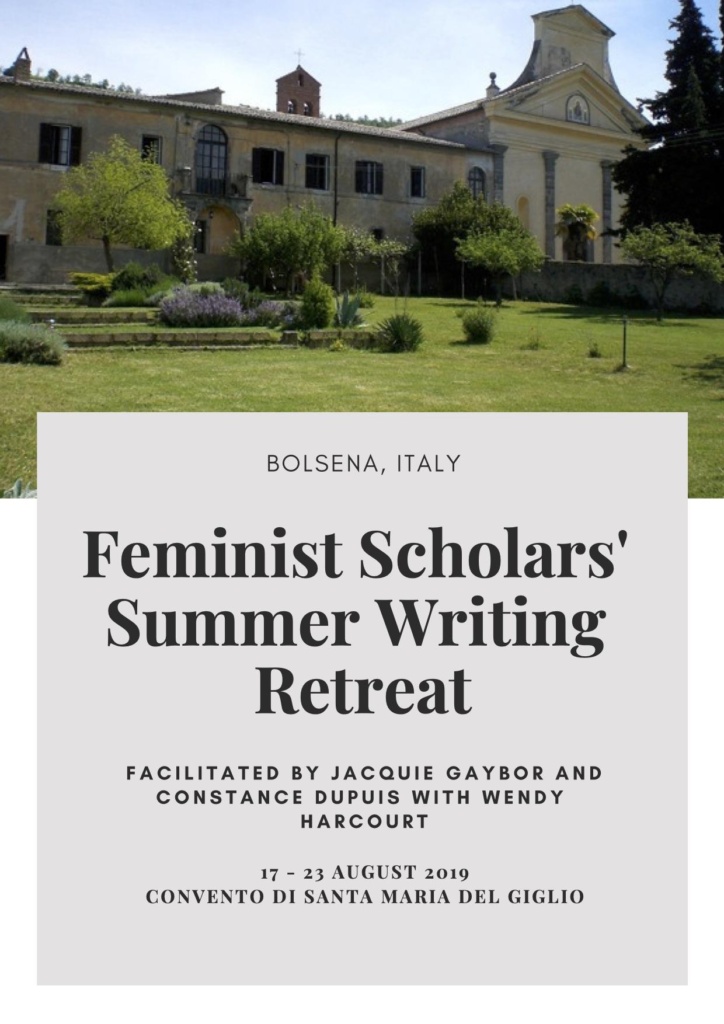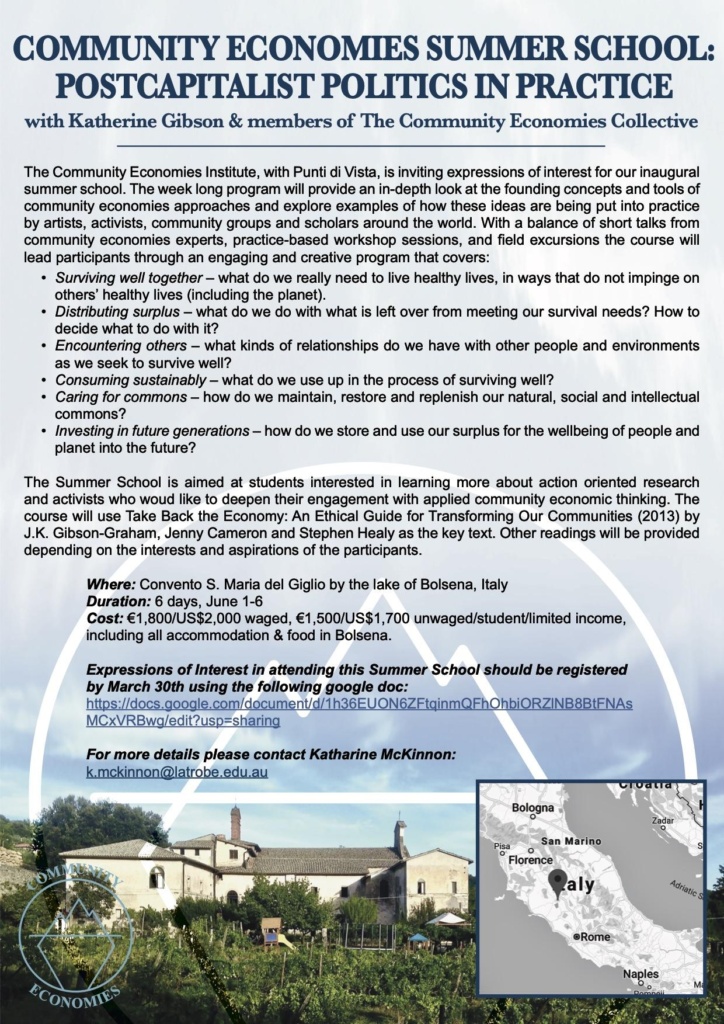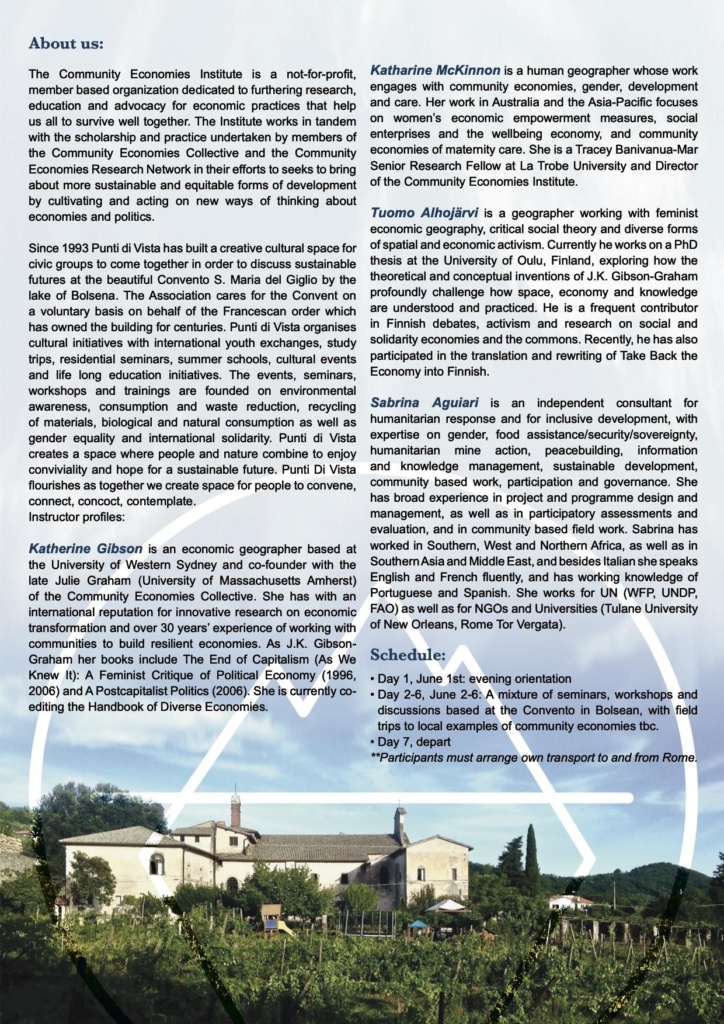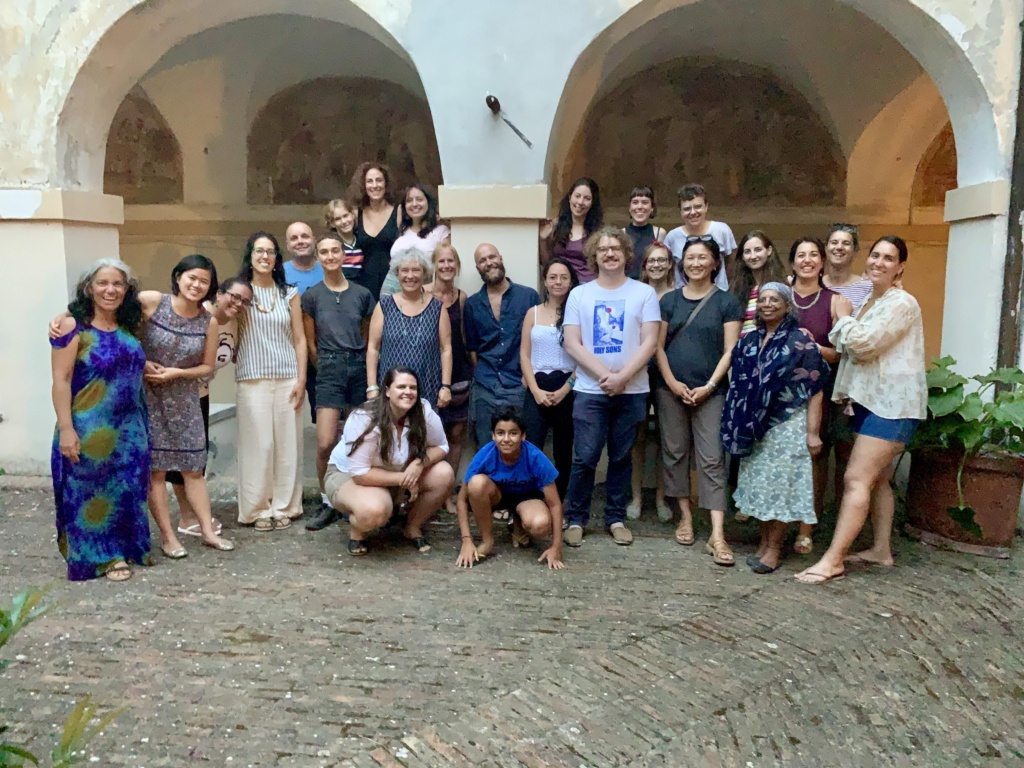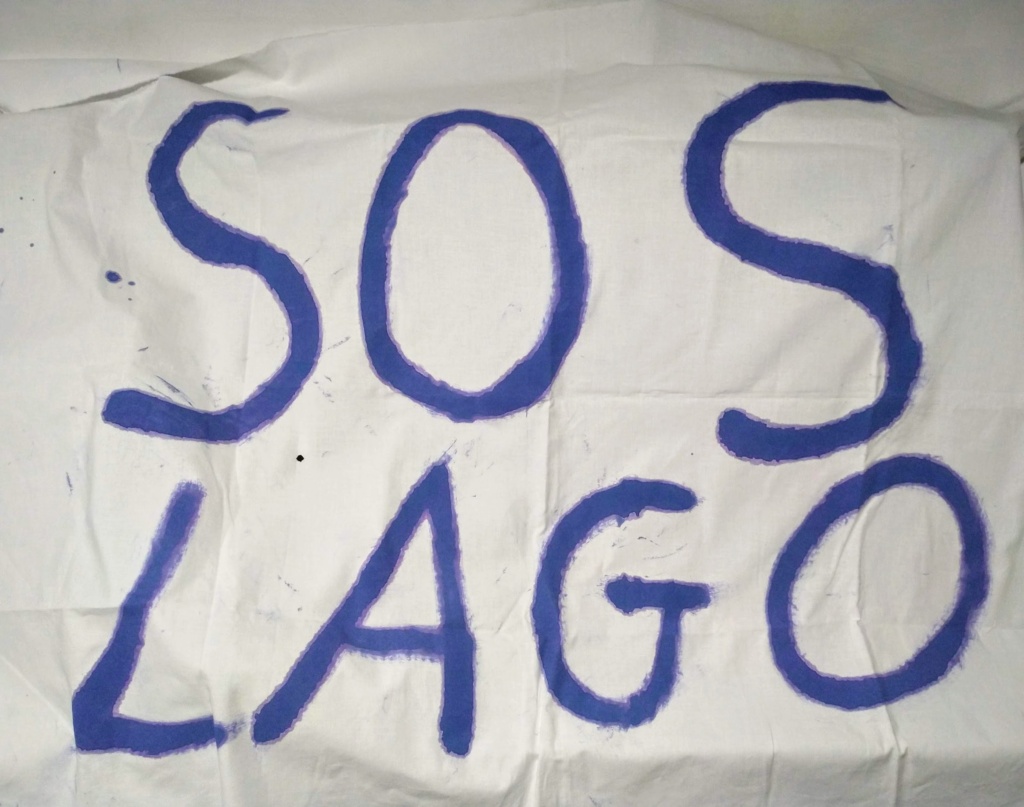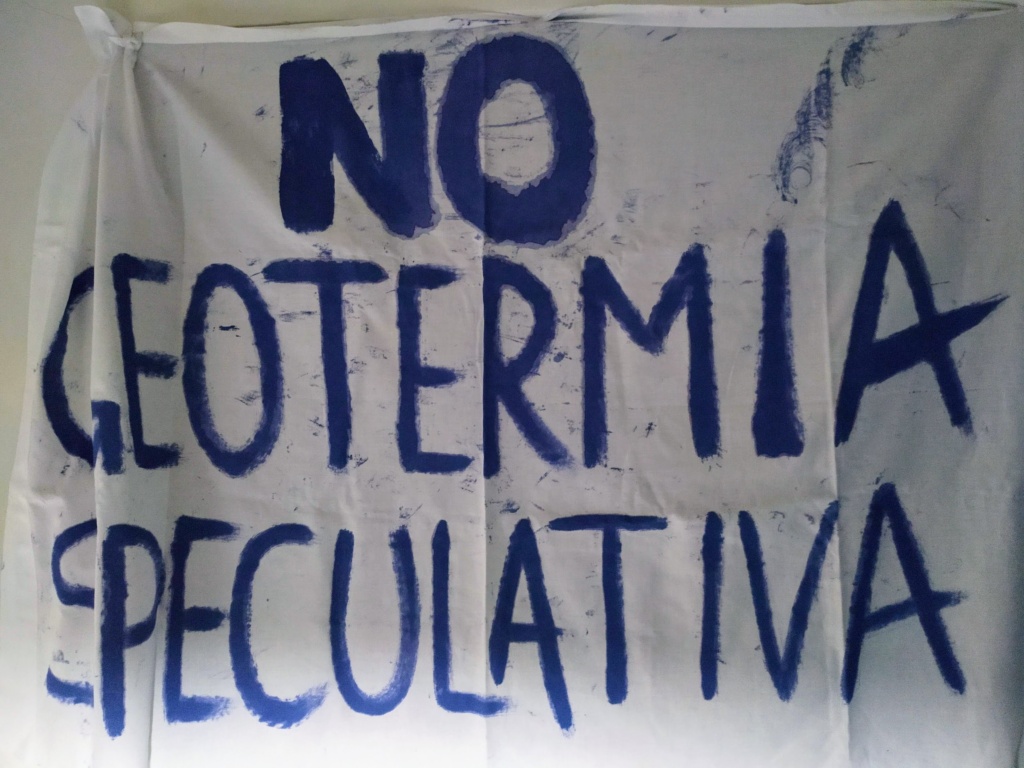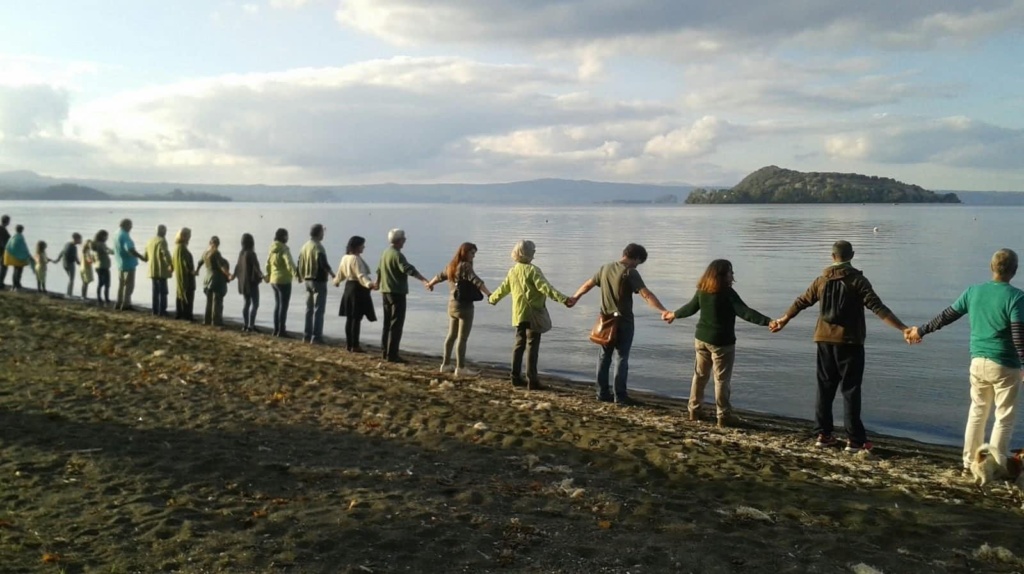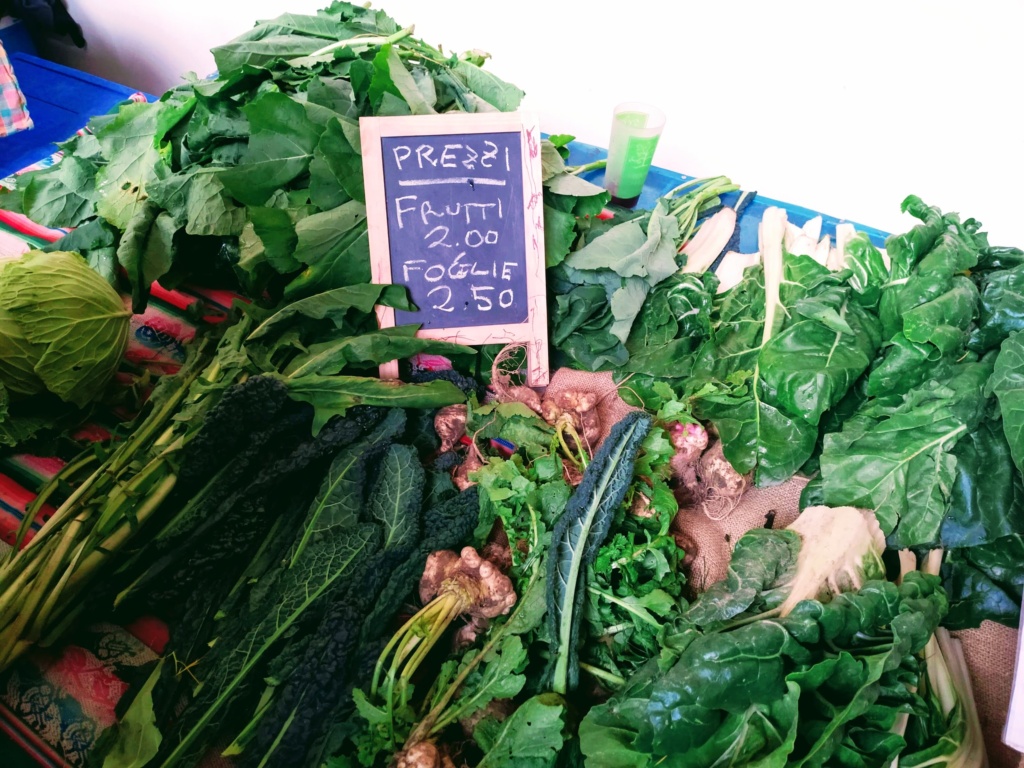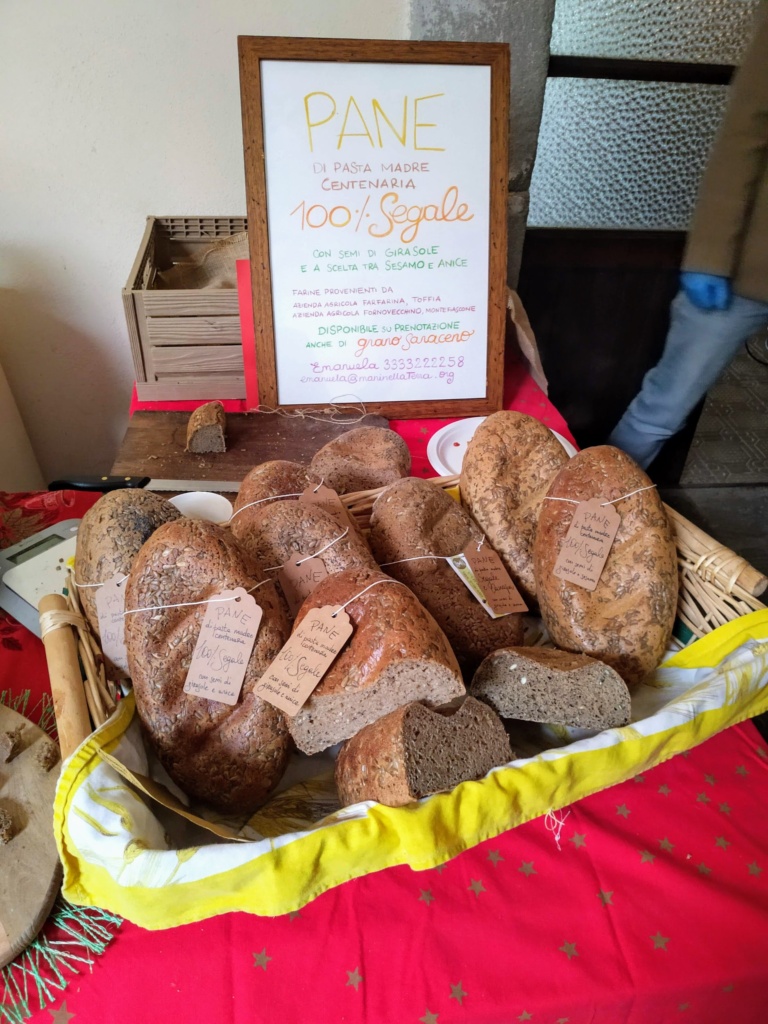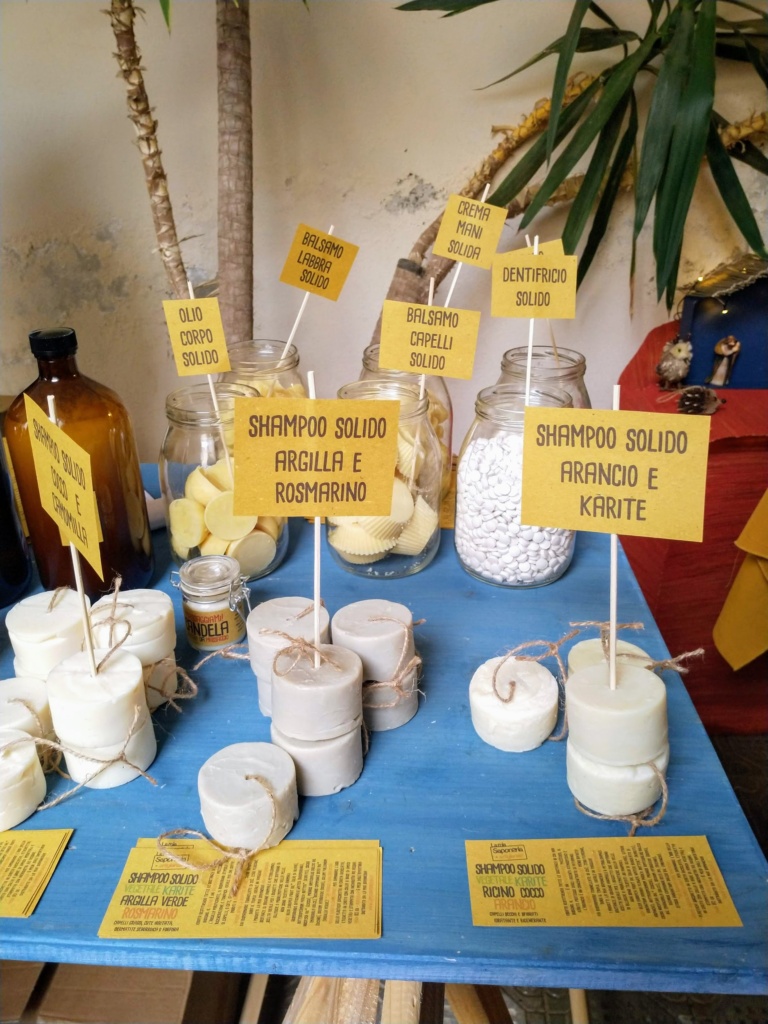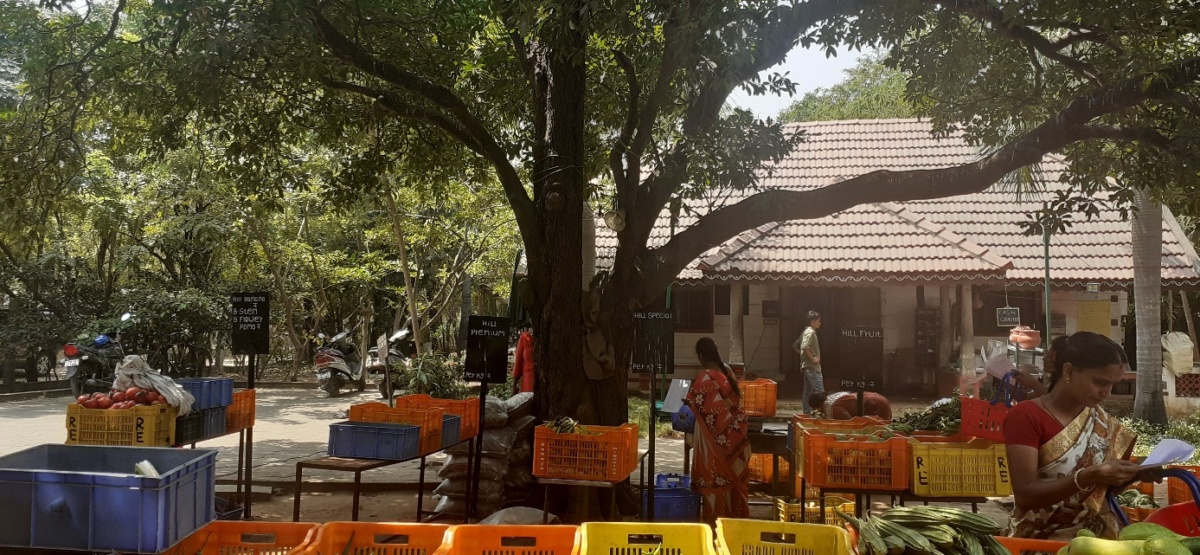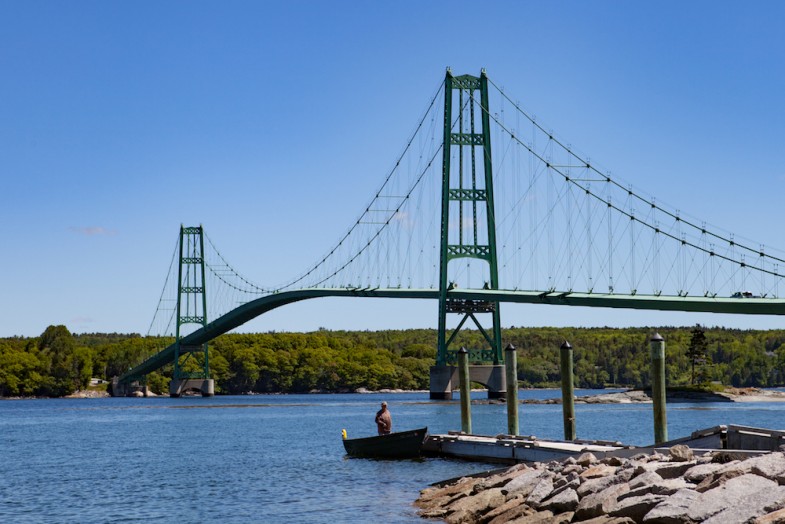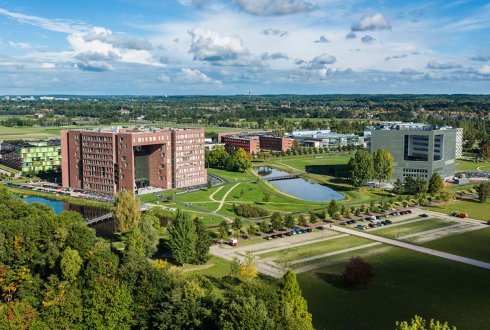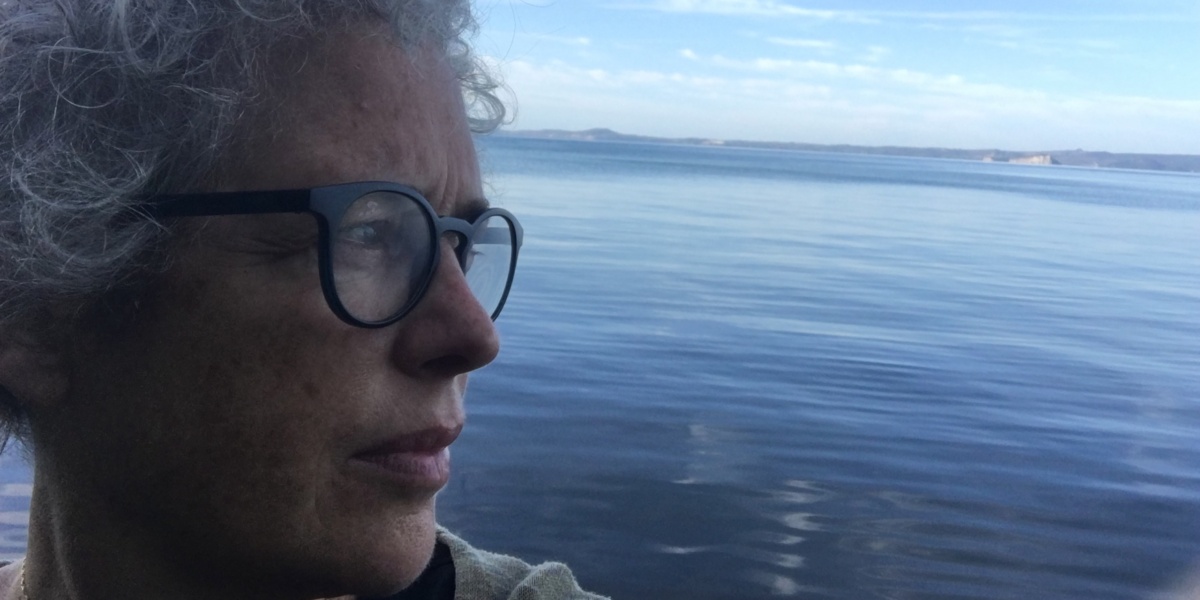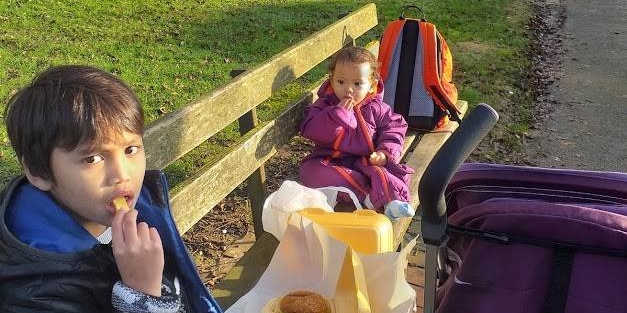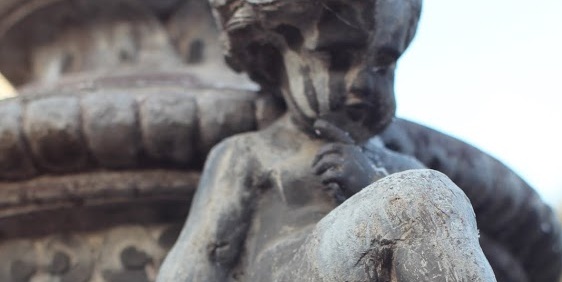Arundhati Roy, in her widely circulated 3 April 2020 Financial Times piece ‘The pandemic is a portal’, argues that the pandemic offers us a chance to think about the world anew, ushering in a new era. I, hope with Roy, that the pandemic becomes understood as a historic breakdown of capitalist logic which demands a new type of life-world where caring and the commons. And I ask, with her, what could be the basis of a new regime of social reproduction that can sustain human and other life?
These questions I ask myself, somewhat foggily, as I navigate ideas for a new regime via my screen and zooms, at my desk here in Rome. In this global pandemic, the State has found a new place in our lives here in Europe, restricting our once (apparently) free lives. And, importantly, even for those who could not see it before, there is now ample evidence of the failure of capitalism to provide care for citizens, despite Europe’s wealth and privilege.
My mind turns frequently to Bolsena, Italy, where I am a member of a small community-based organisation Punti Di Vista. In this tiny hamlet perched on a volcanic lake, histories of epidemics have come and gone. New eras have been ushered in by the Romans, the Catholic Church, land owners, and the modern Italian state. The deep blue volcanic lake which, I miss, has seen the redrawing of boundaries of wealth, territory, resources, and knowledge that have protected some and have abandoned others. Even though I am far from the lake, I take heart from its quiet peaceful presence in my memories to keep hope.
We are living in a period where we are rapidly redrawing how we understand care. The act of care, who cares, who is cared for, has become visibly part of the biopolitics of State control of their population’s life and death. The biopolitics of the emerging economics of Covid-19 has exposed the inability of the current neoliberal global regime to secure life with justice. The care and the health of populations is mitigated by deep economic and political rifts marked by gender, age and race.
These days I am often left reeling – how do we deal with the sudden expansion of coercion and surveillance that leads to such inequity and exclusions. How do we cope as we are suddenly forced to consider how can care of self is carried out as the virus connects us in ways we cannot see. We are asked to applaud but cannot protect the care givers. I continue to wonder what solidarity on-line or with physical distance means.
In Corona times what was once ordinary has become about life or death, – washing hands, getting medical supplies, distributing protective equipment, harvesting and delivering food delivery, caring for children, supporting the sick and elderly. Our principles of care work (now seen as essential work) have expanded to include workers who maintain collective life on all levels – from medical staff to those supplying food, milk, sanitation, electricity, connectivity. We live with intimate governmental intervention that controls our movements in the home, in shops, schools, work places, and tells us the safe ways to care (physical distance, masks). Covid-19 asks us to rethink everyday strategies of care and responsibility.
Judith Butler’s beautiful piece in Con Tactos(21 April 2020) on Human Traces on the Surfaces of the World complicates our need to rethink further. The pandemic materially asks us to care for ourselves and others as we shield ourselves with masks and soap, as we stay home, learn to work and connect via the Internet. We are now acutely aware of the material objects which sustain, and create our social relations – the surfaces of things that determine how we connect – the plastics, packaging, stairwells, seats, walls, pavements, the particles in the air we breathe. These objects are all entangled in our means of production and social production, determining life and death. We now feel ourselves vulnerable as we touch, brush past, breathe,we feel our susceptibility to what lives on the surfaces of the objects that pass between us. As Butler states:
“The virus lands on, enters, one bounded body and departs to land on the skin of another or on an object, looking for a host —the surface of a package, the porous material of a shared world”.
The question is whether we can live with these new ways of connection and in so doing usher in a new era where that can not only unmask but break the inequalities which underscore global capitalism. How to move beyond the deep multifaceted inequalities which have so clearly emerged with the pandemic and work towards maintaining communities that are organising and giving shape to solidarities that are based on care?
In rethinking social reproduction, that is by putting care centrally to our economic and health systems, we can help to end extractivism, fight exploitative production and environmental damage, oppose sexism and racism. In working against systemic inequalities we can learn from the pandemic about how our human and more than human lives are bound up together in the material relations of production and social reproduction that connect us across territories, languages, bodies and cultures.
I would like to conclude by returning to the lake of Bolsena. The lake is regenerating. The stop to tourism has meant less waste, less plastics are entering the lake. Some communities of care, families, clusters of farmers, shop owners are weathering the pandemic. Those outside remain connected. The birds continue to sing, and spring has unfurled. So, what could a new era mean for that territory? What new values of care are possible? Economically, there is a sense of change, as some products went on line, some compensation offered, but there is a sense of deep waiting now, a wariness of what is to come, how the town, dependent on tourism, the selling of local wines and food cultures will survive a pandemic, this time round.



